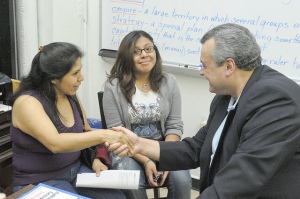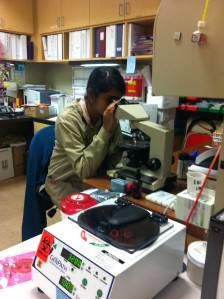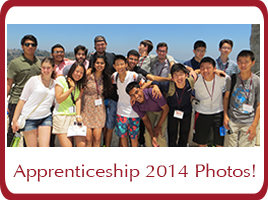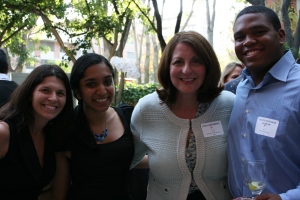By Bonnie Raskin
Bonnie is the Caroline D. Bradley Scholarship Program Coordinator at IEA. She has extensive experience working with gifted students and supporting them through the high school and college application process.

In an attempt to be supportive and helpful, many parents are too involved in their child’s application process, doing much of the work themselves.
As the program coordinator for the Caroline D. Bradley Scholarship, I have been fortunate to get to know, work with and be guided by the experiences and expertise of independent school, college and university admissions deans and directors throughout the United States. This blog is a composite of what I have learned from dialoguing with them.
Last April, a few weeks after sending the acceptance and rejection letters to college applicants, a dean of admissions at one of America’s most selective universities told me the following story:
“Two days after we announced our incoming freshman class, I received a reply from an applicant’s father. It was curt and written on his corporate letterhead: ‘You rejected my son, he’s devastated. See you in court.’ The very next day, I received another letter, but this time from the man’s son. It read: ‘Thank you for not admitting me. This is the best day of my life.’”
All threats aside, receiving a letter like this never warms the hearts of anyone in admissions. It is the consensus of admissions professionals from preschool through college that more and more, today’s parents are getting too involved in their child’s school admissions process – and not merely at the college level. High school and middle school admissions staff have expressed horror stories about parental actions and involvement so completely out of hand that it seems impossible and implausible for otherwise rational people to behave in such off-putting ways. And this behavior never serves the applicant in obtaining the desired positive outcome.
The increasingly bad “parent etiquette” that admissions officers are seeing right now comes from a confluence of several characteristics of our boomer generation: our sense of entitlement, our suspicion of authority and our bad habit of sometimes living too vicariously through our children. It all adds up to some pretty ugly parental behavior often played out in front of our children. A college admissions dean told me, “Today, parents call the admissions office more than the student applicants, often faxing us daily updates on their children’s lives or asking us to return an application already in process so the parent can double-check his/her child’s spelling.” A high school admissions counselor noted a parent who asked whether they should use their official letterhead when writing a letter of recommendation for their own child. It’s not unusual to know parents who openly write their kids’ essays and even attempt to attend their interviews. They make excuses for less than stellar grades or tout athletic promise as “Olympic team potential.”









 There is a right way to approach your school work and a wrong way. The right way is to plan ahead, break the project down into manageable pieces, allow enough time to proofread and edit your work and make sure the final work product looks good. The wrong way is to wait to begin until the night before the project is due, handwrite it (neatly at first, and nearly illegibly by the end) on the pages of a notebook and stay up all night completing it. My middle son took the second approach. But this isn’t a story about getting my son to do his homework the right way. This is about learning to accept his way.
There is a right way to approach your school work and a wrong way. The right way is to plan ahead, break the project down into manageable pieces, allow enough time to proofread and edit your work and make sure the final work product looks good. The wrong way is to wait to begin until the night before the project is due, handwrite it (neatly at first, and nearly illegibly by the end) on the pages of a notebook and stay up all night completing it. My middle son took the second approach. But this isn’t a story about getting my son to do his homework the right way. This is about learning to accept his way.